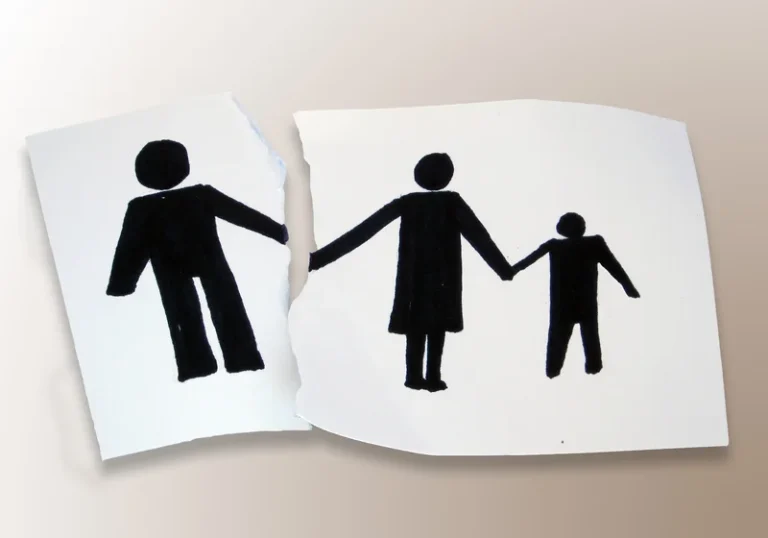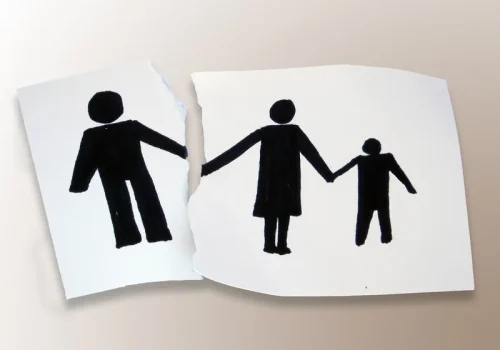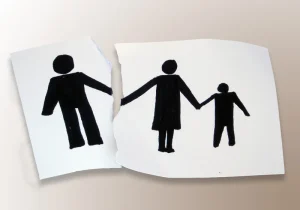
Laughter is one of the most effective ways to relieve stress, and this is also true when it comes to forgetting about work. Laughing joins exercising, cooking and creating art in the long list of well-proven stress-relievers, as it allows your brain to wander from the thing that was stressing you out in the first place. Studies show that by watching something funny, you release endorphins, soothe muscle tension, relieve pain, and improve your mood.
- “It tells your brain on a subconscious level that you are done with work,” Dallas says.
- Unwinding allows your body and mind to shed the stress accumulated during the day, which is vital for long-term health.
- Intrusive work-related thoughts can remain with you for several hours after work.
- Aim for around 7 – 9 hours of shut-eye each night to wake up invigorated.
- Self-care can help you relax and de-stress after a long day at work, as well as improve your overall quality of life.
Mental health days or longer leave

Creating a distinct separation can enhance your ability to relax and recharge. When your home is your office, it becomes too easy to let work creep into dinner time, or answer that last email from bed at night. Consistently taking time to unwind helps prevent burnout, keeping you energized and engaged in the long run. Burnout can lead to decreased productivity and a sense of hopelessness, making the practice of unwinding essential for maintaining enthusiasm and motivation.
Practice Mindfulness and Meditation
Trade your screen time for ‘you’ time to totally unplug and reconnect with yourself. Dive into a book, explore nature, or delve into a hobby that doesn’t require a power button. Schabram has also studied sabbaticals — both the kinds that people choose to take, in order to travel or pursue a professional or creative project, and the kinds people are forced into. Being consistent with these sorts of routines when things are relatively manageable at work can prevent you from moving closer to burnout.

The Art of Creating an Unwinding Routine

If left unchecked, it can have severe, negative impacts on your professional and personal life, including fatigue, headaches, stomachaches, muscle tension, and heart attacks. It can even cause you to pick fights with the people closest to you. Instead of allowing stress to control your health and your life, try one of these 11 ways to de-stress after work. Whether it’s soothing classical music or calming nature sounds, https://ecosoberhouse.com/ music can help shift your mindset and provide an instant mood boost.

Incorporating physical activity into your daily routine can help you relax and de-stress after a long day at work, as Alcohol Use Disorder well as improve your physical health and fitness. Set aside time each day to engage in some form of exercise, whether it’s going for a walk during your lunch break or taking a yoga class after work. When you’re ending a difficult workday (or workweek), it’s important to leave work at work and move on with your personal life.
- Another way of prioritizing sleep is to use habit-building apps, which can help you mode-switch from work to rest time.
- Take a little time to review the following common culprits of work stress — see if any resonate with you.
- This can help reduce overall stress and create balance between your professional and personal life.
- Unwinding after work can help you leave behind the stresses of the workday and relax.
- Because of this, meeting deadlines, managing relationships with colleagues, and striving to meet performance expectations can feel directly tied to our overall sense of self and wellbeing.
- This can lead to myriad negative health effects, from digestive issues to high blood pressure.
- If your home is a haven from stress, it’s easier to let job stress simply melt away once you get there.
Here are 13 simple ways to relax and unwind how to destress after work after work without alcohol. Wellness Coach offers a well-rounded approach to tracking and improving your physical, mental, and sleep health. If you work from home or in front of a screen for long periods, limiting screen time is the first step to better sleep. The blue light emitted from screens can disrupt your body’s circadian rhythms and disrupt your sleep cycle. Any information published on this website or by this brand is not intended as a substitute for medical advice, and you should not take any action before consulting with a healthcare professional. Basically, by activating your senses, you shift your attention away from the pressures and demands of your job to, say, how warm water feels on your face or how the wind hits your skin.

- It might be the case, though, that you need more rest than you think and even a day off won’t be enough to recover from the exhaustion you’ve been experiencing.
- Here are some great self-care activities to try that are totally free and can instantly boost your mood.
- So, if you’ve been lurking around the above subreddits desperately in search of tips to salvage your evening (just me?), you’ve come to the right place.
- Unwinding after work isn’t just a luxury—it’s a necessity for maintaining mental and emotional balance in our lives.
These symptoms can also be related to other health conditions, so consult with a healthcare professional to rule out any other causes. This practice may allow you to de-stress from work and plan ahead with a clearer mind. Cooking can be a creative and fulfilling way to unwind after work.
